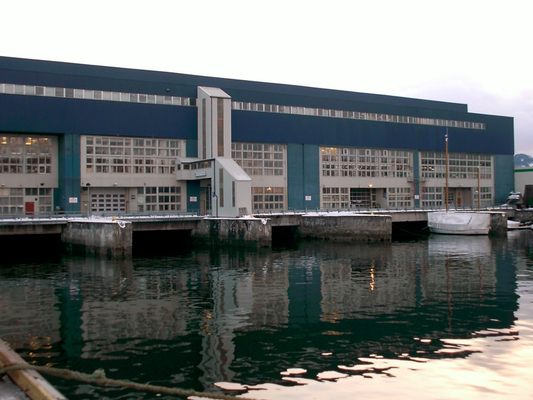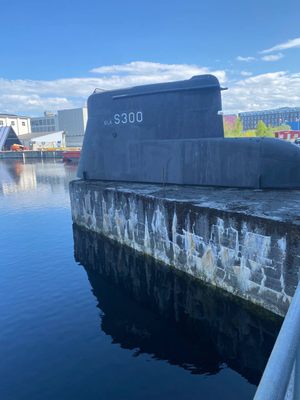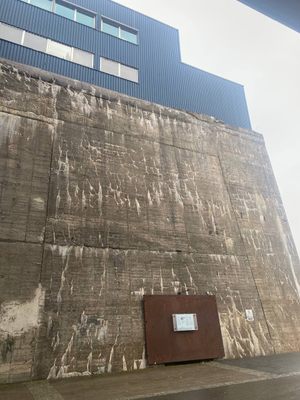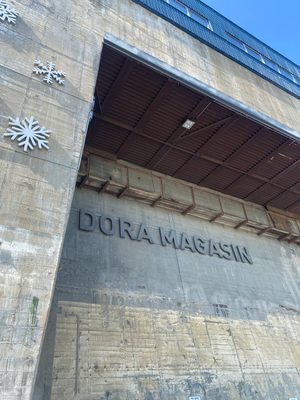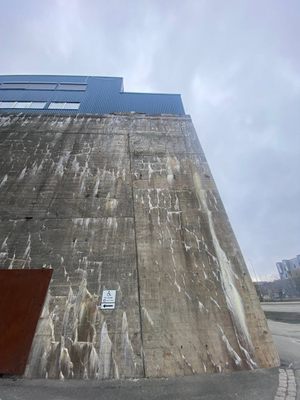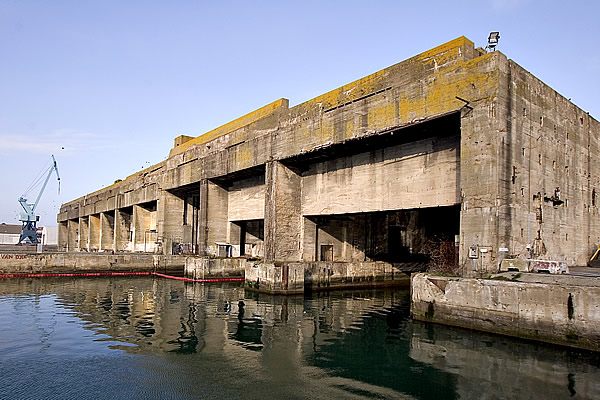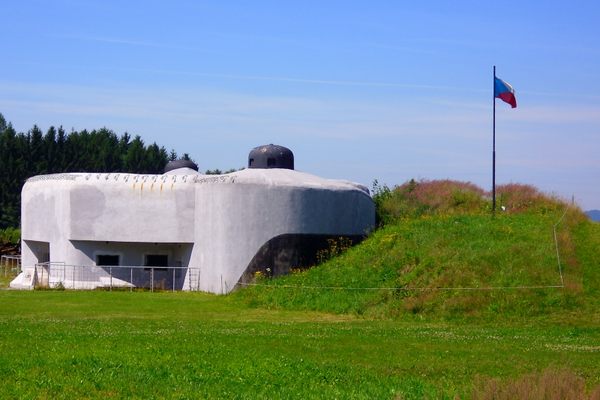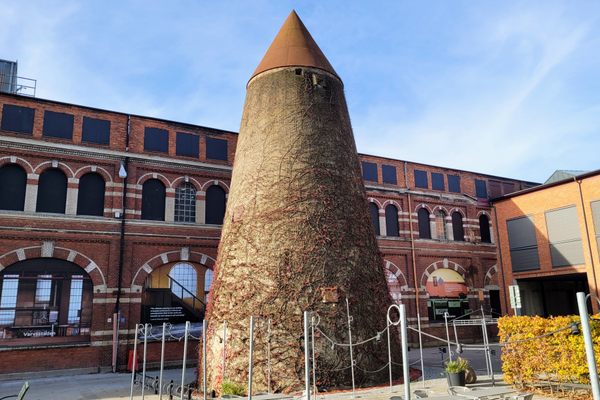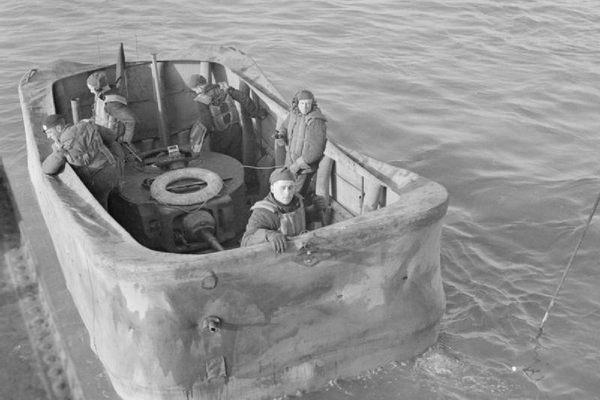About
A U-boat bunker located in the Nyhavna port district in northern Trondheim, Norway, stands as a testament to the city’s wartime history. It was constructed during Nazi Germany’s occupation of Norway in World War II, when the city became the hub of the most important German Naval base in the Northern Atlantic.
The bunker, with its colossal concrete walls, was one of two sister bunkers built at the site to shelter German submarines participating in the Battle of the Atlantic. In 1943, an American bomber fleet targeted the facility. Although the bunkers remained unharmed, the surrounding area was left in ruins.
After the war, the Norwegian Navy took control of the facility, continuing to use Dora as a submarine base. However, as it became evident that the bunker was too massive for the needs of the Norwegian Navy, it was sold to private investors and repurposed for civilian use in the 1960s.
Today, this massive structure safeguards a hidden treasure of cultural heritage. Its unique microclimate ensures stable temperature and relative humidity, making it ideal for long-term storage. As a result, several archives and collections from various cultural and museum institutions are housed within its walls. In addition to its archival functions, the bunker also accommodates offices and a bowling alley. Despite its apparent durability, Dora I faces challenges from the harsh Scandinavian climate and marine exposure, which have caused visible decay on its concrete surface, adding to its characteristic aura of history.
Related Tags
Published
November 15, 2024
